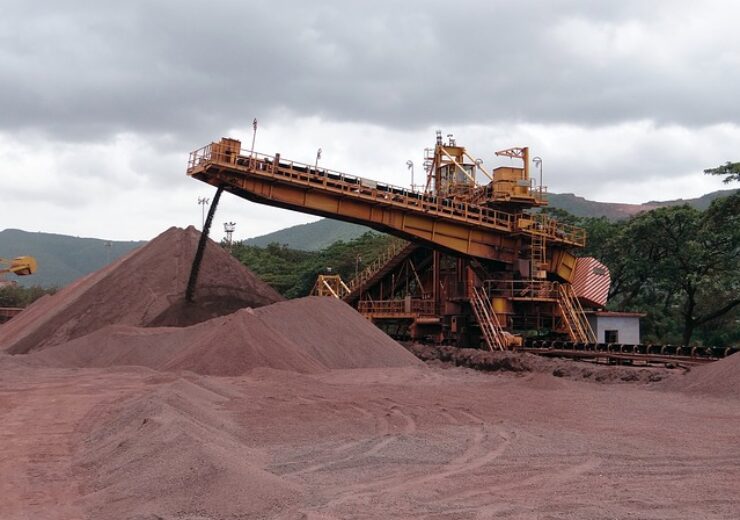The committee, which is headed by the environment minister, has voted against the project following the assessment of its impacts on wildlife, water sources, air quality and marine-protected areas

Andes Iron's Dominga copper-iron project rejected by Chilean ministers. (Credit: Bishnu Sarangi from Pixabay)
Andes Iron’s $2.5bn Dominga copper-iron project in the Coquimbo Region in Chile has been denied permits by Chile’s committee of ministers.
The committee, which is headed by the environment minister, has voted against the project following the assessment of its impacts on wildlife, water sources, air quality and marine-protected areas, reported Reuters.
In August 2021, the Coquimbo environmental commission granted environmental permission for the Chilean project.
The committee, which opposed the project, also includes ministers from the mining, energy, agriculture, economy and health departments.
Chilean Minister for the Environment has been quoted by Reuters as saying: “The evaluation was made considering multiple aspects that had to be evaluated, multiple reports that had to be considered. It was a robust decision.”
The Dominga copper-iron project was proposed to be developed by Andes Iron, which bought the iron-copper property from Mineria Activa in December 2010. The deposit was discovered in 2006.
The Chilean copper-iron project was anticipated to produce up to 12 million tonnes per annum (Mtpa) of iron concentrate and 150,000 tonnes per annum (tpa) of copper concentrate over an estimated mine life of 22 years.
The Chilean exploration and mining company will appeal the decision in environmental courts, reported the news agency.
According to various reports, Andes Iron stated: “The Dominga project doesn’t just comply, but exceeds all standards and is aligned with principles established by the government for sustainable industrial and mining projects.”
The Dominga project proposal included the development of two open-pit mines, namely the North and the South pits.
It also included the construction of a seaport shipping terminal at Totoralillo Norte, an on-site processing facility to produce iron and copper concentrate, and a desalination plant.
